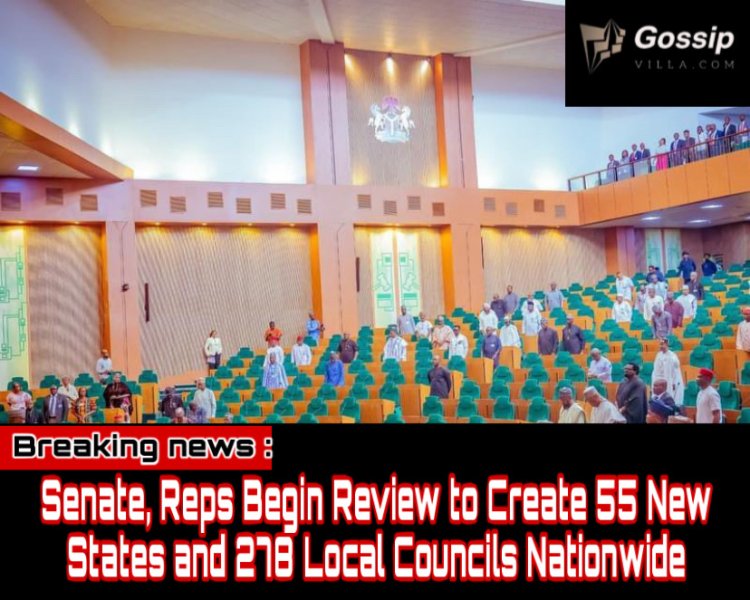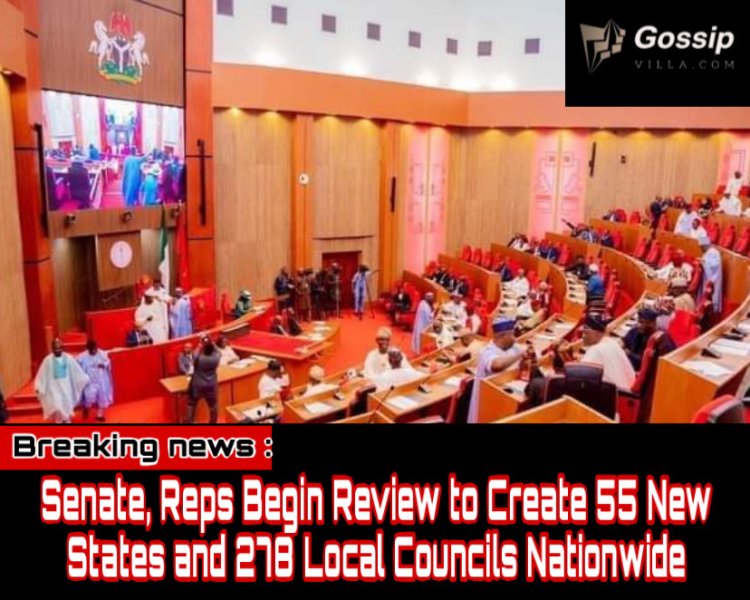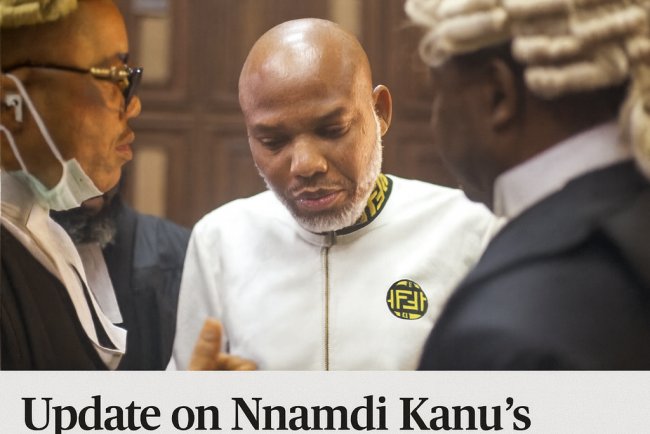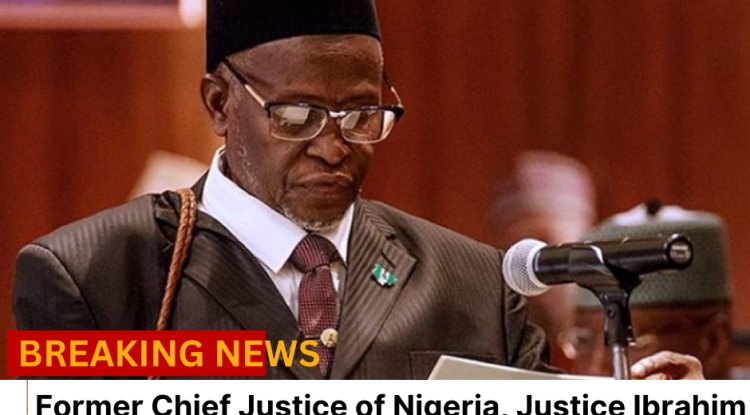Senate, Reps Begin Review to Create 55 New States and 278 Local Councils Nationwide
The Nigerian National Assembly has begun a major constitutional review considering the creation of 55 new states and 278 additional local government areas.

Nigeria’s National Assembly, Senate, Reps Begin Review to Create 55 New States and 278 Local Councils Nationwide
The National Assembly has commenced wide-ranging discussions on constitutional amendments that could reshape the country’s federal structure. According to reports, the legislature has received 55 proposals for the creation of new states and 278 requests for additional local government areas. The process forms part of the review of the 1999 Constitution, with the deputy president of the Senate, Barau Jibrin, also serving as Chair of the Senate Committee on the Review of the Constitution.
Scope and Nature of the Proposals
At a recent joint retreat of the Senate and House of Representatives constitutional-review committees in Lagos, lawmakers confirmed that a total of 69 bills stand under review. These bills span different facets of the constitution beyond just state or local-government creation. Among the proposals are the 55 requests to create new states, two requests for boundary adjustments, and 278 requests for new local government areas. The committees aim to perform a clause-by-clause scrutiny of the proposed amendments before transmitting them to the state Houses of Assembly later in the year.

Motivations Behind the Push for New States and LGAs
One of the driving factors for this initiative is the longstanding demand by various communities who feel their current administrative units offer insufficient representation or access to public services. Some groups argue that creating additional states or local government areas would bring government closer to the people and deliver improved local governance. The committees emphasise the reforms are to be people-centred, focusing on fairness, inclusion and local empowerment.
Challenges and Considerations
Despite the intentions, the process faces heavy constitutional, fiscal and political hurdles. Amending the constitution requires approval by both chambers of the National Assembly and ratification by at least two-thirds of the 36 state Houses of Assembly. This threshold ensures that any structural change has broad national buy-in. Financial sustainability is a major concern: each new state or local government area would require its own infrastructure, administrative apparatus and funding. Critics caution that simply increasing the number of units without ensuring capacity may lead to inefficiency rather than improved governance.
Potential Impact for Citizens and Governance
If implemented, the creation of up to 55 new states and 278 additional local government areas would significantly alter how power, resources and responsibilities are distributed across the federation. For citizens in underserved areas, the reforms could mean closer access to governmental institutions, more tailored public service delivery and enhanced political representation. On the other hand, the process must ensure national cohesion, equitable resource allocation and avoid fragmentation or duplication of functions.
The next phase involves the constitutional-review committees finalising their recommendations, after which the bills will be presented to the respective chambers of the National Assembly. If approved, they will be forwarded to the state Houses of Assembly for ratification. The leadership has committed to transmitting the first set of amendments before the end of the year. Meanwhile, stakeholder consultations including public hearings, traditional rulers, civil society and community groups continue to inform the process.
The current constitutional review by the National Assembly marks one of the boldest attempts in recent years to restructure Nigeria’s federal architecture. The prospect of 55 new states and 278 new local government areas speaks to wide demands for local inclusion, equitable governance and structural reform. Yet for such change to succeed, the reform process must be inclusive, fiscally responsible, constitutionally sound and sensitive to national unity. As the process unfolds, Nigerians will be watching closely to see whether this initiative delivers meaningful reform or becomes one more ambitious plan among many.
Sources
What's Your Reaction?




















